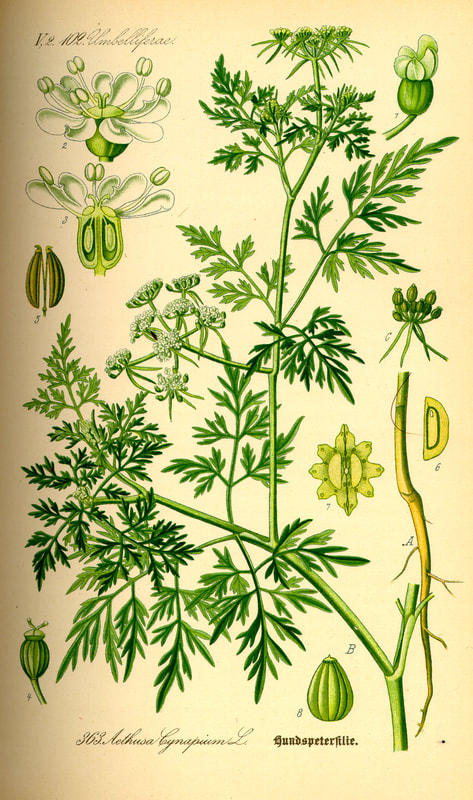- Home
- About
- Fees & Forms
- Homeopathy
-
Health Topics
- Autism
- Reducing the Risk of Autism, ADHD and other Developmental Disorders
- ADHD and Learning Disabilities
- Behavioural Concerns, Anxiety
- Speech and Language Disorders
- Sensory Processing Disorders
- Neurological Disorders
- Immunological Disorders
- Homeopathy and Medication Injuries
- Homeopathy and Vaccine Injuries
- Allergies and Asthma
- Ear Infections
- Adult Care
-
Resources
- Dispensary
- Homeopathy training - autism management and more
- E-books
- Child Development
- Diet and Nutrition
- Spiritual and Energy Healing
- EMF and radiation testing and protection
- Pre- and Perinatal Trauma
- Videos
- Controversies
- Vaccine Controversy
- Vaccine Research and Resources
- Immune System and Vaccines Video Library
- Blogs
- Contact
- Buy Homeopathic Remedies around the World
|
Written by Anke Zimmermann, BSc, FCAH Chelsea was almost four years old when I first met her. She had curly brown hair and hung on tight to a stuffed toy animal throughout our visit. The mother had brought her for a consultation because Chelsea refused to speak to anyone but her. She attended a Montessori preschool and would not speak to any of the other children or interact with them at all, even though she had been there for six months. She did not speak to the teachers either, who were quite concerned about the child. Chelsea did not even speak to her own father Selective MutismAt this point she had been diagnosed with selective mutism. She did not say a word during the hour-long consultation. I asked all the usual questions, thought about it a bit and prescribed a remedy which - did nothing. I gave another one - nothing again. I felt that I did not have enough information and asked the mother to come back and tell me everything about the family history, especially about any people in the family who were somehow similar to Chelsea. A Good Clue"Well, her grandmother is a very peculiar lady. She does not interact with anyone either. She lives alone in the country on a farm with a lot of animals, horses, dogs, cats and birds. She just loves her animals. I'm sure she prefers animals over humans any time. She is absolutely devoted to them and takes in rescue dogs and horses. She's been like that all her life." Then I remembered a lecture by a famous homeopath, George Vithoulkas, which I had attended in New York about five years prior to meeting Chelsea. He had vividly described a case of a man who was totally devoted to animals and did not interact with people at all. I don't remember what the man was being treated for, but in homeopathy the remedies are generally prescribed for the person rather than the specific condition. The remedy was called Aethusa and it stuck in my mind as I've also been very fond of animals all my life. Aethusa is usually thought of in infants who can't digest their milk and in various neurological symptoms. Not all of Chelsea's symptoms fit the remedy, but the animal connection was interesting and perhaps the selective mutism could be considered as a neurological symptom. It was worth a try. Please note that this is not a remedy for selective mutism per se, but rather for the total state of the person. There are many other remedies that might help a child with selective mutism. Recovery with Aethusa cynapium
Anke Zimmermann, BSc, FCAH, Classical and Modern Homeopathy, Sooke, BC Questions? I offer a free 15-20 minute meet-and-greet consult. Distance consultations available via skype or zoom.
5 Comments
9/29/2018 05:58:48 am
What a great result! Love your creative approach to finding the right remedy!
Reply
Anke Zimmermann
9/29/2018 03:34:01 pm
Carmel, this is just how good homeopathy is done. There are thousands of practitioners around the world doing the same. We are all detectives, looking for clues to solve the mystery of illness!
Reply
Reya
11/8/2018 08:03:57 am
This is amazing
Reply
Kevin
2/3/2020 10:05:47 pm
Hi thanks for sharing such an amazing story! My daughter 5yrs old diagnosed by Selective mutism . We just bought Aethusa Cynapium (Boiron Aethusa Cynapium 200C 75 200ck pellets) may I ask tou kindly tell us how to give to her please? Thanks
Reply
Han
4/15/2021 09:47:56 pm
Hi kevin
Reply
Leave a Reply. |
AuthorAnke Zimmermann, BSc, FCAH is a professional homeopath with a special interest in children with developmental and behavioural concerns. Cases are all from her practice. Names have been changed to protect privacy. The cases were published with permission and are intended for education only. They are not intended as medical advise or solicitation. Homeopathy treats the person, not the condition. Archives
June 2024
Categories
All
|
Serving Families with Integrity and Compassion Since 1991
|
Anke Zimmermann, BSc, FCAH
Classical and Modern Homeopathy Sooke, BC, Canada |
Serving families in Sooke, Metchosin, Langford, Colwood, Victoria, Greater Vancouver Island, BC, as well as internationally via zoom/telehealth.
|
Telephone778-352-0806
|
Hours:Tuesday, Wednesday and Friday from 10-6 and alternating Saturdays from 10-4
|
Disclaimer: Information on this web site is provided for informational purposes only. This information is not intended as a substitute for the advice provided by your physician or other healthcare professional. Do not use the information on this website for diagnosing or treating a health problem or disease, or prescribing medication or other treatment. Always speak with your physician or other healthcare professional before taking any medication or nutritional, herbal or homeopathic supplement, or using any treatment for a health problem. If you have or suspect that you have a medical problem, contact your health care provider promptly. Do not disregard professional medical advice or delay in seeking professional advice because of something you have read on this website. Information provided on this website and the use of any products or services purchased from our website by you does not create a practitioner-patient relationship between you and Anke Zimmermann, Information and statements regarding dietary supplements or homeopathic remedies have not been evaluated by the Food and Drug Administration and are not intended to diagnose, treat, cure, or prevent any disease. Information on this website is not intended to advise against any medical treatment, including, but not limited to, medications, surgery and vaccinations.


 RSS Feed
RSS Feed